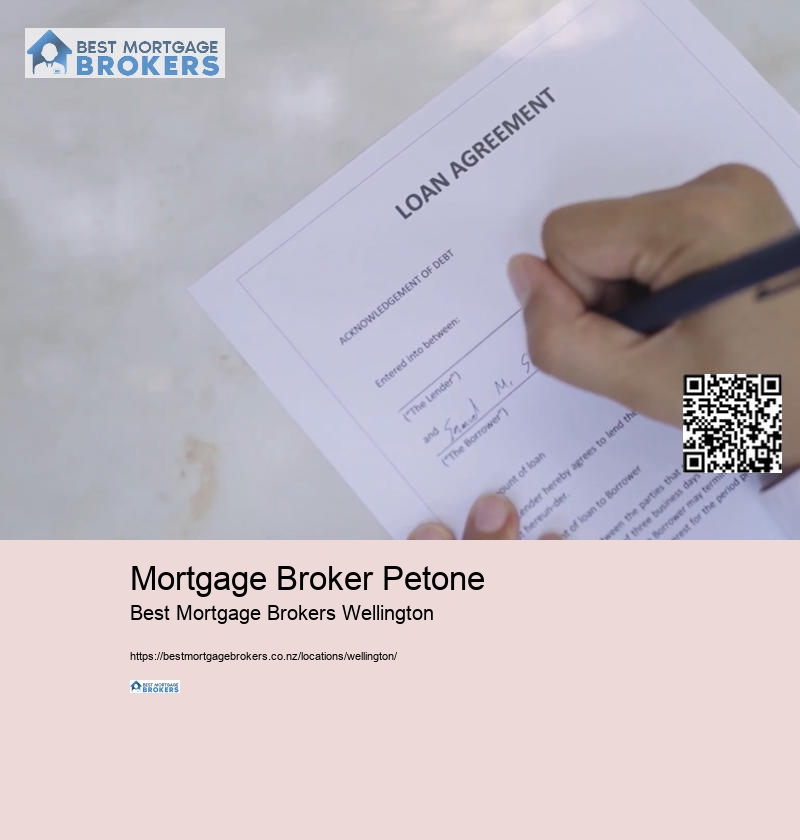Mortgage Broker Petone
financial advice
When the economy is strong, interest rates tend to rise, while during economic downturns, rates may decrease to stimulate borrowing and spending. Credit score is also a key factor in determining mortgage rates. Lenders use credit score to assess the risk involved in lending money to individuals.
On the other hand, a lower credit score may lead to higher interest rates or difficulty in securing a loan. The type of loan and its term length also influence mortgage rates.
In addition, the length and type of loan term will affect the rate. A shorter loan term usually has lower interest rates, but more expensive monthly payments. property financing
A good tip to follow is to first assess your financial position realistically. Calculate the budget you have, taking into account your down payment and monthly mortgage payment as well as other costs, such a property taxes or insurance.




